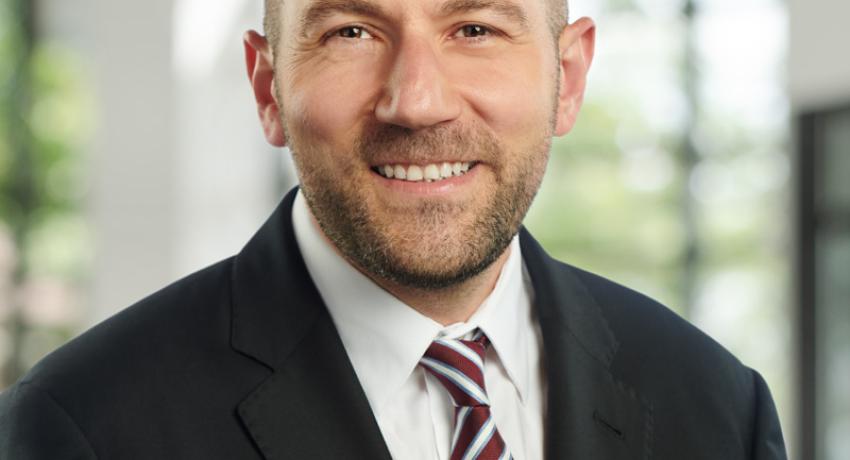Ibrahim Hanouneh, MD
At MNGI Digestive Health, our Clinical Research work stands as a cornerstone of our commitment to delivering exceptional patient care. MNGI patients have the privilege of being among the first to access groundbreaking gastrointestinal therapies and treatments, thanks to the innovative studies conducted within our institution.
MNGI’s research initiatives target a broad spectrum of upper and lower gastrointestinal conditions. These studies are meticulously executed under the guidance of a highly skilled research team, which includes some of our most accomplished gastroenterologists. To provide deeper insights into the remarkable work of this department, we had the pleasure of interviewing MNGI’s Research Medical Director and gastroenterologist, Dr. Ibrahim Hanouneh.
Dr. Hanouneh shared his invaluable perspective on the significance of working in Clinical Research and underscored the importance of shedding light on its contributions to the field of gastroenterology.
What inspired you to get involved with Clinical Research?
“I was involved in Research before I moved to Minnesota when I worked in Cleveland. It’s rewarding to work in research for a few reasons. Number one - you get exposure to new medicine and new development, even before it is approved by the FDA, etc. Number two - you get your patient exposed to new medicine or new treatment before it is approved. Particularly, when you are dealing with a disease such as Fatty Liver, where the only treatment option available yet is diet, exercise and losing weight, which we know is easier said than done. And number three - I love working with the research staff, collaborating with people from all over the country, meeting with them on a regular basis, and sometimes writing a paper or research proposal.”
What is one thing you wish all your patients knew about clinical research?
“It’s important for the patients, when we get them into a clinical trial, for them to recognize that this may help them, but it may also help so many other people. That by participating in research, maybe you are doing yourself a favor if the medicine works, or the device works; but also serving development or clinical development which will help a lot of people down the road.”
What is driving you about the current studies?
“Hope for a new medicine. For example, there are no current approved treatments for Fatty Liver, and you tell patients to lose weight which is easier said than done. So, I’m really motivated and excited that hopefully sometime this year or next year, this research that we participated in, will result in a medicine that will be approved by the FDA. That would make a real difference in people’s lives in terms of fatty liver, preventing the progression into liver cirrhosis or liver cancer. That is exciting and that is why we do NASH studies.”



